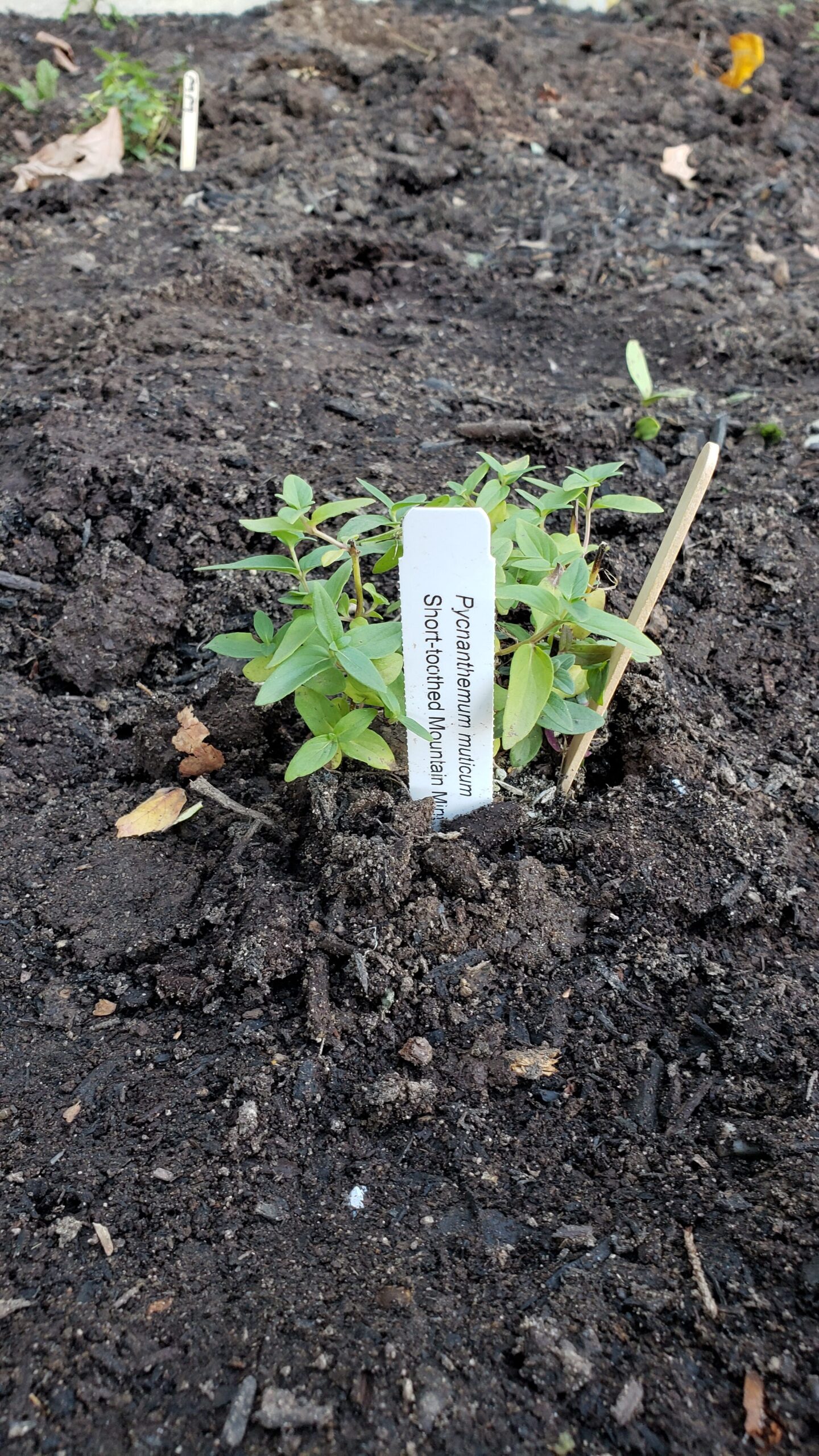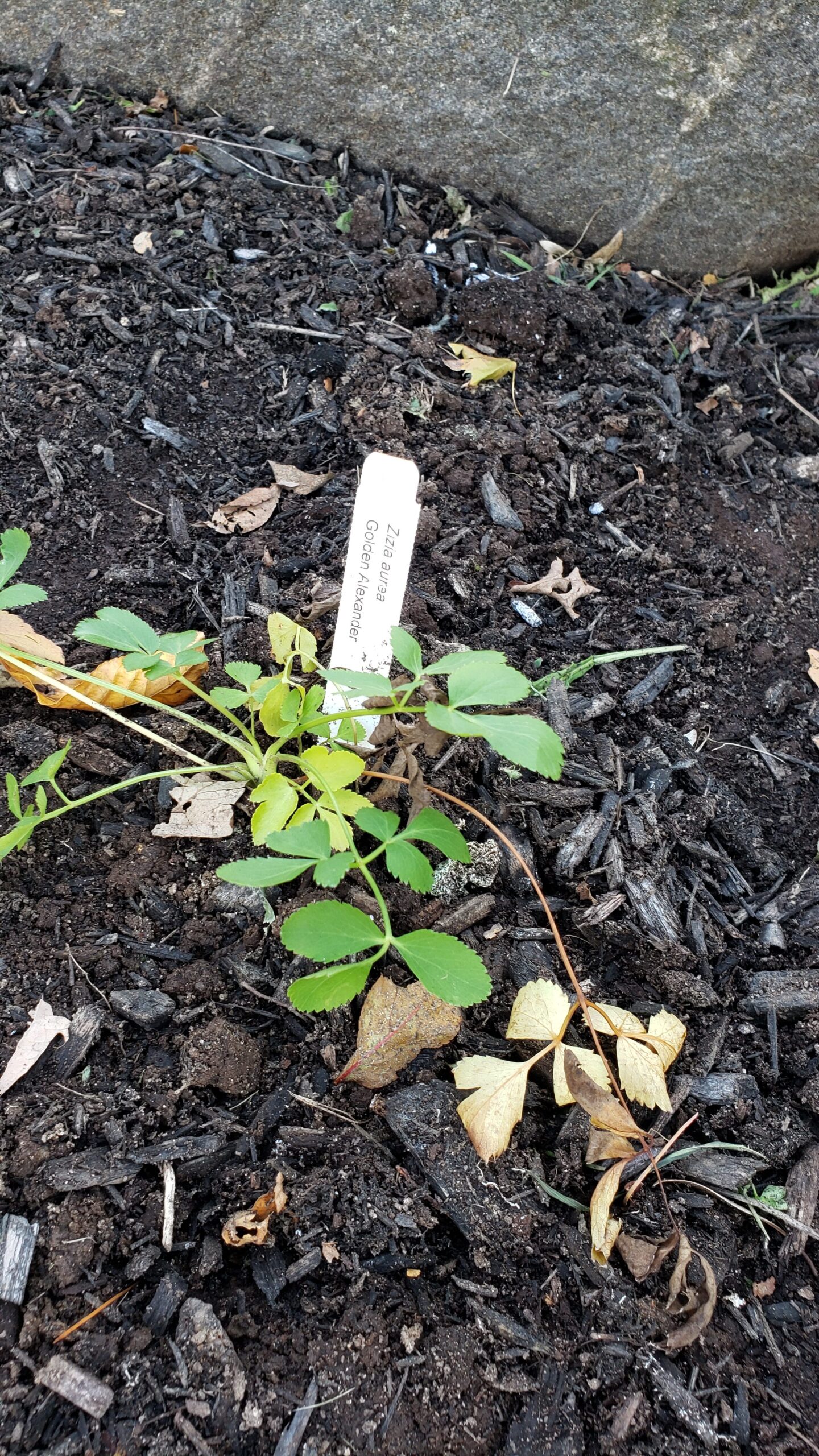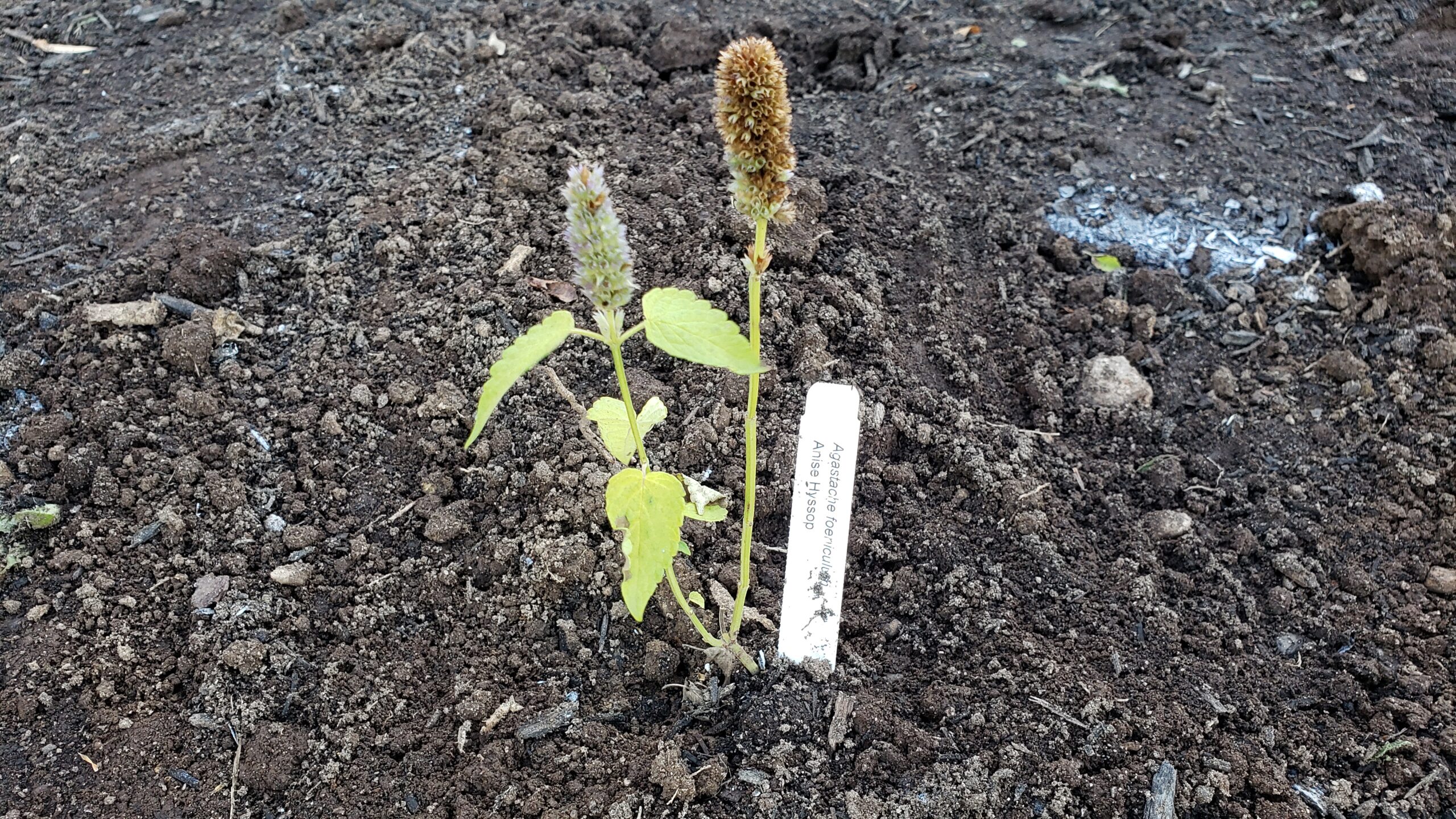Our first Monarch has arrived! While wait for about 30 other Monarch butterflies to emerge, we are running a fundraiser for the Pollinator Pathway. For a $10 donation to the Pollinator Pathway, you can adopt and name a butterfly. When it emerges and is released into its habitat at Tashua Knolls, you will receive a photo of your butterfly through email. Please view this form to submit donations (all are welcome!) You may also learn more about the Pollinator Pathway here or visit their website.
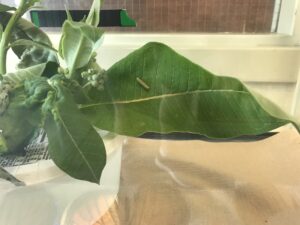
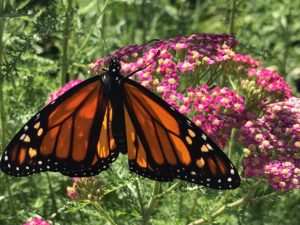
August 11, 2022 – Raising New Monarchs for Release
We are process of raising more butterflies to release into the wild as a part of the Monarchs in the Rough program. Currently caterpillars, the Monarchs will emerge in roughly three weeks. Keep a look out in the clubhouse and watch them transform!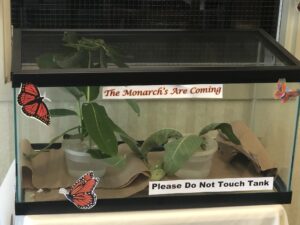
July 21, 2022 – Monarch Butterflies Classified as Endangered Species
Monarch Butterflies are now classified as endangered by the International Union of Conservation of Nature. Read more in the article here, and view the following pages to learn more about how Tashua is doing its part to protect the species: Monarchs in the Rough, Pollinator Pathway
June 9, 2022 – Turtle Eggs Recovered from Bunker
During a routine round of golf, a keen golfer noticed a group of turtle eggs that had been laid in one of the sand traps on the course. Being hidden in a high traffic area, some of the eggs had already been damaged. Regardless, the regular customer at Tashua took it upon herself to rescue the remaining eggs, and bring them to the Wildlife in Crisis Care & Conservation Center. Operating in Wilton for the last 25 years, the conservation center is well equipped to care for the turtle eggs along with various other animals in need, until they are ready to be released back into their habitat. Thank you to those involved in the rescue effort, especially our diligent customer and the veterinarian staff/founders at Wildlife in Crisis Car & Conservation Center! Please see pictures of the eggs below, and follow this link to learn more about the conservation center!
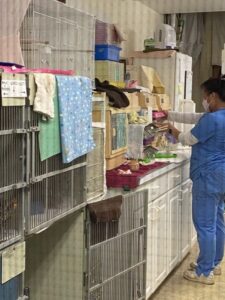
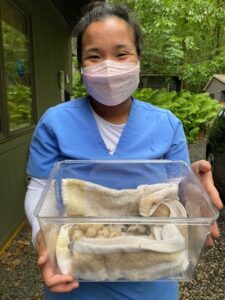
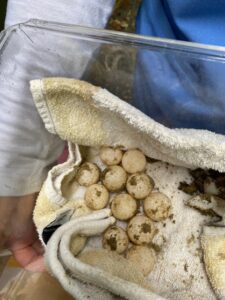
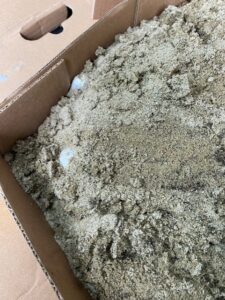
June 2, 2022 – Support for New Pesticide Law in CT
On June 2, 2022, Gov. Ned Lamont signed a bill into law that bans the pesticide Chlorpyrifos from use by golf courses and other turf management services, effective January 1, 2023. The pesticide can be damaging to the environment, as it is toxic to many animals such as birds, fish, and bees. Chlorpyrifos can also be harmful to humans, with decades of research showing adverse effects can come from long-term exposure. The EPA had recently banned the use of Chlorpyrifos on food crops, but CT has taken further action to restrict its use in order to protect the community and environment. Tashua’s property director has not used Chlorpyrifos for many years, and has no plans to do so at the facility. We are all in support of this legislation, as it is a step in the right direction for all golf courses to maintain safe and sustainable practices.
November 9, 2020 – New Flagpole
A new flagpole has been installed just in time for Veteran’s Day, which hoists the American flag and resides in the flower bed between holes #1 and #10. The funds for the flag have been donated by the Senior Men’s Club, and they are dedicating the flag to all the members of the Senior Men’s Club who served in the military and have passed away. A plaque will also be installed by the base of the flagpole to commemorate those dedicatees who have served their country. We are all thankful for their service, and proud to have this display at Tashua Knolls in their honor.

November 6, 2020 – Native Plant Installation
The flower beds in front of the clubhouse, and between holes #1 and #10 are both being renovated with native plants. The new plants have been selected with guidance from the Aspetuck Land Trust to enhance the natural environment at the course. Native plants are a vital component for the surrounding wildlife to thrive, as they are integral to the food web, and provide a consistent pathway for a declining pollinator population to travel for shelter and nourishment. Some of the new native plants include the following: Short-toothed Mountain Mint, Virginia Mountain Mint, Pycnanthemum mticum (pink flowers), Butterfly Weed, Golden Alexander, and Anise Hyssop.
